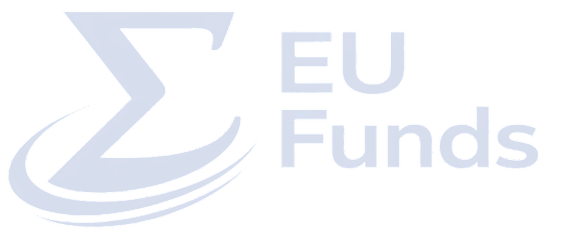Associated Partners in Horizon Europe
🔹 What Is an Associated Partner?
An Associated Partner (AP) in Horizon Europe is a participant that contributes directly to the project by implementing tasks but does not receive EU funding. This role is similar to the International Partner role under Horizon 2020.
Associated Partners:
- Carry out specific project tasks as described in Annex 1 of the Grant Agreement.
- Do not sign the Grant Agreement, and are therefore not considered beneficiaries.
- Cannot declare costs or receive reimbursements from the EU grant.
- Must cover their own costs (through national funding, institutional support, or other sources).
🔹 Key Characteristics
| Feature | Description |
|---|---|
| Funding | Not eligible for EU funding; must participate at own cost. |
| Contractual Role | Not a party to the Grant Agreement. |
| Mention in GA | Must be listed in Article 9.1 and their tasks must be detailed in Annex 1. |
| Contribution | Directly implements tasks relevant to the action. |
| Link to Consortium | May be linked to a specific beneficiary or to the whole consortium. No legal or capital link is required. |
| Access to Funding Portal | Do not access the EU Funding & Tenders Portal. |
| Visibility | Their role and contribution are clearly acknowledged in the project documentation. |
🔹 Responsibilities of Beneficiaries
Beneficiaries are fully responsible for the work carried out by Associated Partners and must ensure that they comply with key Horizon Europe obligations, including:
- Proper implementation of tasks (Article 11)
- Avoiding conflicts of interest (Article 12)
- Confidentiality and security (Article 13)
- Ethics compliance (Article 14)
- EU funding visibility requirements (Article 17.2)
- Rules on implementation (Article 18)
- Information obligations (Article 19)
- Record-keeping (Article 20)
They must also ensure that EU bodies such as the European Commission, OLAF, EPPO, and the European Court of Auditors have the right to audit or investigate the Associated Partner’s work (Article 25).
These obligations must be contractually extended to the Associated Partner—typically through the consortium agreement or other binding arrangements.
🔹 Who Can Be an Associated Partner?
Typically, Associated Partners are entities from non-EU countries (e.g., universities, research centers, or companies) that are not eligible for direct EU funding. This includes:
- Industrialised countries (e.g., USA, Canada, Japan)
- Emerging economies
In many cases, these partners receive funding from their national funding bodies or other sources.
🔹 Can They Ever Receive EU Funding?
Associated Partners may exceptionally be funded by the EU only if:
- A bilateral agreement exists between their country and the EU,
- Their country is explicitly listed as eligible for funding in the Work Programme or call, or
- Their participation is deemed essential for the success of the action (at the European Commission’s discretion).
🔹 Budget Representation
While Associated Partners do not report costs or receive reimbursements, their estimated costs may be included in the proposal under:
- “Other sources of financing”, such as:
- Own resources
- Financial contributions from third parties
⚠️ These figures are for information purposes only and do not carry over into the Grant Agreement. Associated Partners are not required to justify or report on these estimated costs.
📘 References
- Horizon Europe Annotated Model Grant Agreement (AMGA)
- Article 9.1 – Associated Partners
- Article 11-20 – Obligations extended to Associated Partners
- Article 25 – Audit and investigation rights
- Horizon Europe Online Manual
- Horizon 2020 Online Manual (for background on international cooperation and funding eligibility)
✅ Summary
| Associated Partner | Description |
|---|---|
| Receives EU funding? | ❌ No |
| Implements action tasks? | ✅ Yes |
| Signs the Grant Agreement? | ❌ No |
| Listed in GA? | ✅ Yes, in Article 9.1 and Annex 1 |
| Eligible country required? | ❌ Not required (but may be funded if criteria met) |
| Must comply with project obligations? | ✅ Yes, via arrangements made by the beneficiaries |













